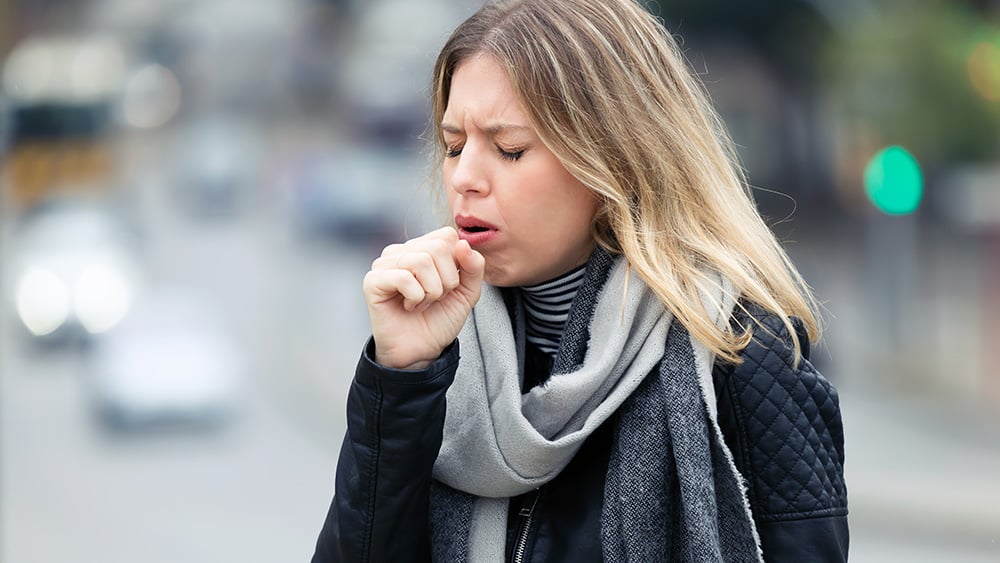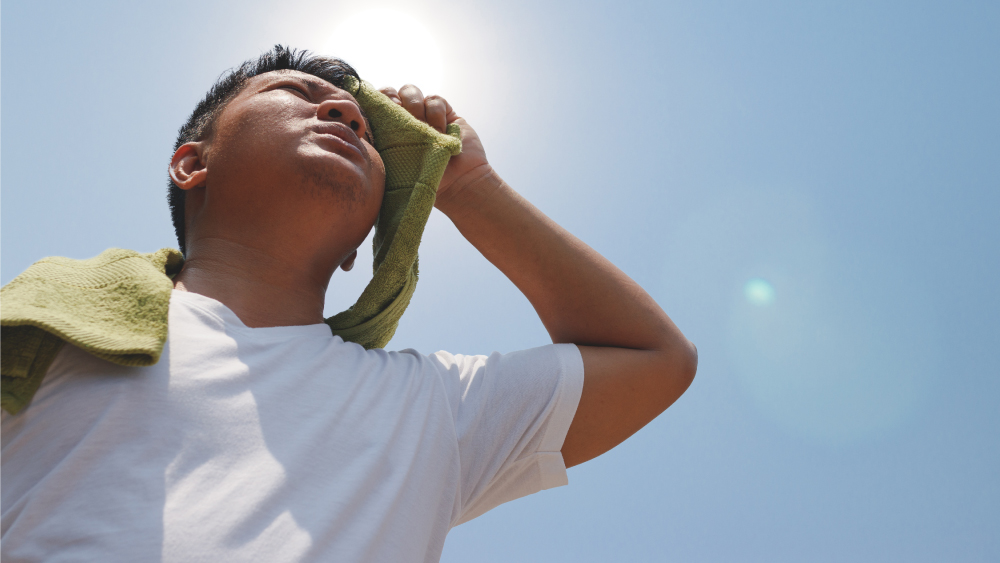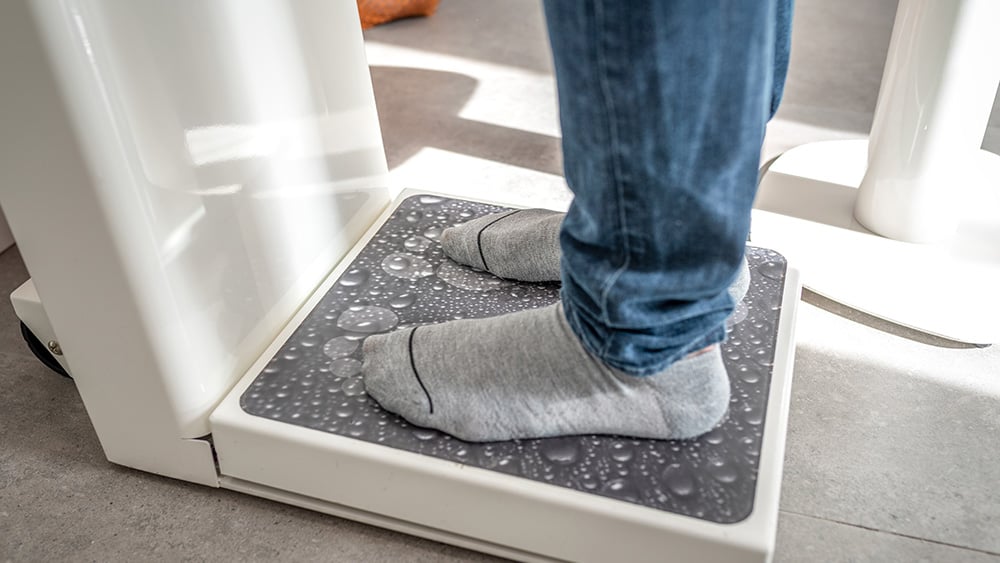Key Takeaways
- Viruses and respiratory infections tend to be more widespread in the winter.
- There are common misconceptions about how people get sick, how to stay warm, and ways you can treat symptoms to get over illnesses more quickly.
- The best way to find real answers is to ask a healthcare provider.
During the winter months, illnesses like flu, sinus infections, the common cold, RSV, pneumonia, bronchitis and COVID-19 can be widespread – and can also be severe.
When you are looking for answers about what can help you feel better, it’s important to know what is fact and what is fiction. Sonia Dar, MD, is a primary care physician in Greece and sets the record straight about some of the most common winter health myths.
1. You get sick with the common cold from being outside.
“It’s not true that you get the common cold from going out in the cold,” Dr. Dar said.
However, there is a rise in sickness during the winter season. This is because people spend more time indoors and are in closer contact with more people, which ultimately leads to the faster and more frequent spread of germs, causing a rise in the number of people getting sick.
2. You lose body heat by going outside without a hat.
While this is not untrue, Dr. Dar said the head is not the only area of the body that can cause major heat loss.
“If you go outside bundled up in a jacket, without a hat but you’re wearing shorts, you will lose more heat from your legs that are exposed than from your head.”
Remember to cover all parts of your body when going out in the cold because any exposed body part can cause a loss of heat.
3. Drinking alcohol keeps you warm
Although alcohol consumption can cause a brief sensation of warm feeling, it is not the right way to warm up.
“When you drink alcohol, it makes the arteries that are closer to the surface of your skin dilate. This makes more heat go towards the surface of the skin, so you initially get the sensation of feeling warm.”
The sensation is counterproductive and causes heat to be pulled away from the core of your body, reducing the body temperature even more.
4. Vitamin C can cure your cold faster
While taking vitamin C helps boost the immune system, it cannot prevent the cold or stop it from getting worse.
“Starting vitamin C at the initiation of cold symptoms may help boost your immune system a little but it will not change the outcome.”
However, if taking vitamin C helps make you feel better, there is nothing wrong with taking it, Dr. Day said.










